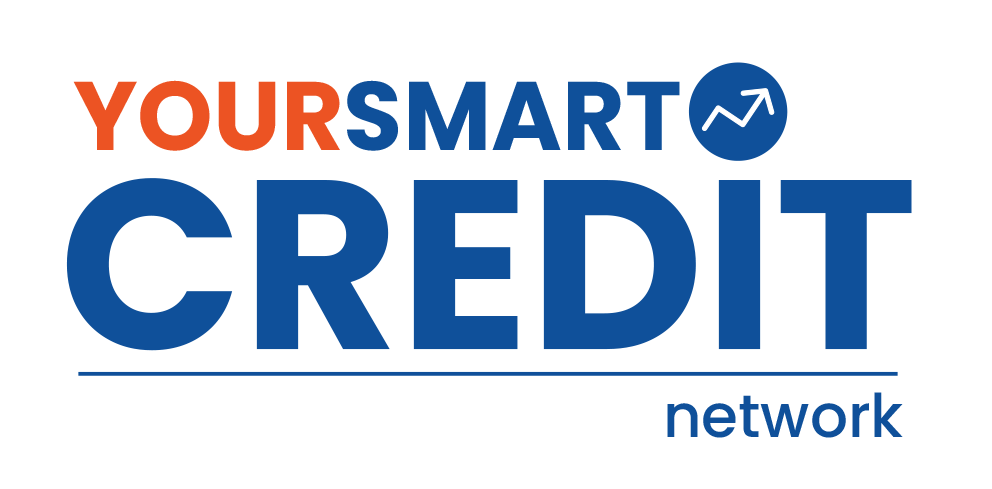Do I have to carry a balance on my credit card in order to build credit faster?
by John Ulzheimer
“John, I’ve read that you can build credit faster if you carry a balance on your credit cards. Is that true? That seems like an expensive way to establish credit because of the interest charges.”
The two primary credit bureau based scoring systems used by credit grantors – FICO and VantageScore. Their models have different minimum data requirements to calculate a score. FICO scores require one account with activity within the past six months and one that has been opened for at least six months. VantageScore credit scores require one account with activity within 24 months.
In order to have a credit report, you must have at least something on it. You can have what’s referred to as an “inquiry only” credit report or you can have a report that has only one credit account on it. Building credit fast or slow means you’re measuring the amount of time it takes.
Carrying a balance is a term usually used in reference to credit cards. You can pay it in full or carry the balance to the next month. This account is reported on your credit report each month, whether you pay it in full or not. In fact, if you pay it in full, that won’t be reflected on your credit report, because the credit card issuer reports the amount on your statement to the credit bureaus before, you make a payment.
For example, your total bill is $500 and you pay the full amount of $500; your credit report will show that you owe $500. Next month the $500 is credited but whatever you charged the following month will be on your credit report. You can have a $0 balance on your credit report by paying your credit card bill before the closing date.
One thing is true, though. Carrying a balance or paying in full does not accelerate time. So, you are not building credit faster or slower by paying in full each month or by paying credit cards in full each month.
Another thing to consider, along with expensive interest, is the impact on your credit scores of carrying a balance – good or bad? Carrying a large balance relative to your credit limit can have a negative impact on your credit. Less than 10% should be your target.
For example, if the amount you owe is $5,000 and your credit limit is $10,000, you have used 50% of your credit limit. This indicates elevated credit risk. That’s not a good way to build credit or improve credit scores.
When it comes to credit card use as a tool to build solid credit you don’t ever have to carry a a balance, ever. In fact, you don’t really ever have to use the card for anything more than small charges. The suggestion that you have to carry a balance in order to quickly build credit is not only incorrect, but it’s a silly suggestion.
 Credit Reporting Expert, John Ulzheimer, is the President of Consumer Education at SmartCredit.com, the credit blogger for Mint.com, and a Contributor for the National Foundation for Credit Counseling. He is an expert on credit reporting, credit scoring and identity theft. Formerly of FICO, Equifax and Credit.com, John is the only recognized credit expert who actually comes from the credit industry. Follow him on Twitter here.
Credit Reporting Expert, John Ulzheimer, is the President of Consumer Education at SmartCredit.com, the credit blogger for Mint.com, and a Contributor for the National Foundation for Credit Counseling. He is an expert on credit reporting, credit scoring and identity theft. Formerly of FICO, Equifax and Credit.com, John is the only recognized credit expert who actually comes from the credit industry. Follow him on Twitter here.
by John Ulzheimer 15/08/2013

